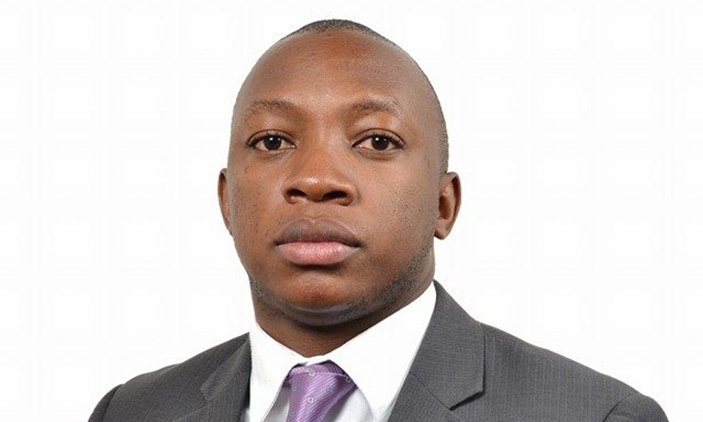By Denis Nabende
In their 2010 paper “From disaster event to political crisis”, Professors Stuart Olso and Vincent Gawronski articulated what consequences governments can face in the wake of natural disasters.
They highlighted how quickly a natural disaster can turn into a political crisis for governments, why some emerge from disasters stronger with favourable reputations while others became less popular and eventually punished at the polls by their electorate. Public estimation of government disaster response they argued, is analysed along six dimensions summarised as “5Cs and one A”- capability, competence, compassion, correctness, credibility and anticipation. A government that exhibits these six qualities, according to the paper, averts a possible crisis emerging from the disaster event.
COVID-19 will most likely be the biggest public health disaster of the 21st Century. With over a million confirmed cases and 92,798 deaths as at April 12, the world is clearly in a crisis. Governments across the global north and south have struggled to ensure public safety and contain growing numbers of infections as economies ground to a halt and growth stalls.
Italy and Spain’s healthcare systems have experienced extreme strain. China, the US and Russia have been in a race to influence public opinion in their own respective favour. The Chinese Government, for example, has used the massively controlled media to shape the narrative of their response to the virus as fast, heroic and effective.
After initially downplaying the severity of COVID-19, the US has now shifted blame to the World Health Organisation and China. President Trump earlier threatened to withhold funding to the UN accusing it of “protecting China” and advising against a ban on international travel at the beginning of the year.
He has gone as far as referring to the pandemic as a “Chinese virus”. The rapid growth in infections and deaths have, however, done very little to sway public opinion in the US government’s favour. Depending on how he handles the growing infections and deaths, it could easily turn into a political crisis for the Republican Party. George Bush suffered a similar fate after hurricane Katrina.
In Africa, measures such as bans on public transportation, international travel, violently enforced curfews and periodic lockdowns have been implemented with minimal regard to social justice. Governments have done little to inspire confidence in their populations that they are in control of the situation.
The missing link in all this has been an effective crisis communication framework. Crisis communications scholar Timothy Coombs asserts that crises by nature, create the need to collect and inteprete information making crisis communication a critical element in effective crisis management.
President Yoweri Museveni has, however, distinguished himself during this pandemic. He has proven how effective he is when it comes to crisis management and communication. Throughout his initial public addresses before the lockdown, his message has been clear, consistent, compassionate, accurate and credible. The President has provided leadership to a nation in distress. From social media commentary, it is clear the briefings are watched beyond borders. His approach of focusing on public safety and not convenience has endeared him to the public and won over many skeptics. He has addressed the pandemic fully aware of the social behavioural patterns of ordinary citizens, constantly reminding us we are operating in abnormal times. He recognises the pandemic could easily spiral into a political crisis for the Government.
Why then haven’t we seen similar effectiveness across the Government communication function? The Government communications strategy passed in 2013 by Cabinet requires ministries, local governments and agencies to create communication units managed by professional communications personnel as well as commit 8% of their respective budgets to support effective information dissemination.
A quick scan across MDAs and local governments show this is not the case. While interacting with district information officers from the Karamoja sub-region recently, I discovered that they struggle with the basics, have no formal contracts with districts and are greatly demoralised.
This has created an information and knowledge management vacuum which is filled by non-communication professionals such as the RDCs and political leaders. It is clear the communications function is increasingly being excluded from strategic decision making across many local governments and MDAs.
Many of the communications and information officers wait for instructions on how to support decisions they played no role in making. The communications officers should be able to advise and offer counsel to management about the public relations and reputation implications of these decisions. A clear crisis communication plan that involves all levels of government must be implemented to ensure effective dissemination of correct information in an era of misinformation. If this is not done, the President runs the risk of being a lone ranger.
District task forces were set up to serve as crisis management teams (CMTs) during the COVID-19 pandemic. It would be interesting to see how many of these districts included an information officer on their task force. Instead, they probably have a manner of security heads and politicians.
In a crisis such as this, CMTs must focus on influencing the public towards behavioural change as opposed to coercion. The tone across the board has been one of enforcement through constant warnings and threats which is a clear mismatch between the President’s approach and lower rank officials. He went as far as recording a video to communicate how one can exercise in their living spaces as opposed to jogging in large numbers outside.
Why is the President able to “sit down” with the public in front of a screen, takes time to explain certain actions and yet other officers can’t communicate this more easily? If this can’t be done, we will have a political crisis from mismanaging the pandemic
The writer is a graduate student of Crisis Communication at Makerere University




